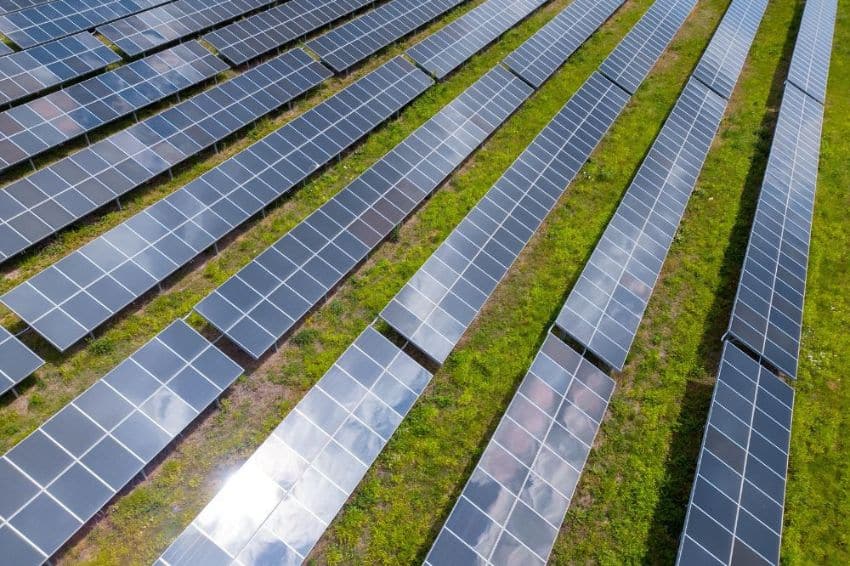A solar energy has increasingly contributed to relieve the national electrical system, especially in the current heat wave period, helping to strengthen demand supply at times of highest electricity consumption by the population.
The analysis is from ABSOLATE (Brazilian Photovoltaic Solar Energy Association). For the entity, the source contributes to the robustness and diversification from the Brazilian electrical matrix, raising the effectiveness of the SIN (National Interconnected System), especially in moments of climate change more severe.
In this sense, the association highlights that the own generation of solar energy has helped to reduce the use from the transmission infrastructure, relieving pressure on the operation and reducing losses over long distances, thus contributing to reliability and security at critical moments.
At the same time, ABSOLAR emphasizes that large solar plants also contribute to reducing pressure on water resources for multiple uses, as well as reducing the need to activate fossil thermoelectric plants, which are more expensive and polluting.
“The joint and diversified operation of abundant renewable sources in Brazil, especially hydroelectric, solar, wind and thermoelectric plants powered by biomass and biogas, contributes to greater security of supply and resilience of the national electrical matrix”, highlights the entity .
General numbers
Currently, Brazil has more than 40 GW of installed capacity in solar sources, with more than 12.7 in GC (centralized generation) and another 27.7 in DG (distributed generation). Today, the source accounts for around 17% of the entire Brazilian energy matrix.
In the opinion of Rodrigo Sauaia, executive president of ABSOLAR, the largest photovoltaic solar generation occurs during times of high temperatures and greater electricity consumption.
With this, the solar source helps, in practice, according to him, to reduce pressure on the national electrical system, contributing to reducing costs that would be paid by Brazilian consumers.
“The photovoltaic solar source has been increasingly fundamental in supporting the SIN in times of rising temperatures, a challenge that could become even more frequent with ongoing global warming. In addition to protecting the consumer's pocket, solar energy avoids greenhouse gas emissions in the country's electricity generation”, he explains.
Benefits of the solar fountain
A recent study by specialized consultancy Volt Robotics on the costs and benefits of GD, indicated that the net savings on the electricity bill of all Brazilians will be more than R$ 84.9 billion by 2030.
According to the study, the net benefits of DG are equivalent to an average value of R$ 403.9 per MWh in the structure of the national electricity system. In comparison, the average residential tariff is R$ 729 per MWh in the country, according to data from ANEEL (National Electric Energy Agency).
All content on Canal Solar is protected by copyright law, and partial or total reproduction of this site in any medium is expressly prohibited. If you are interested in collaborating or reusing some of our material, we ask that you contact us via email: [email protected].
















